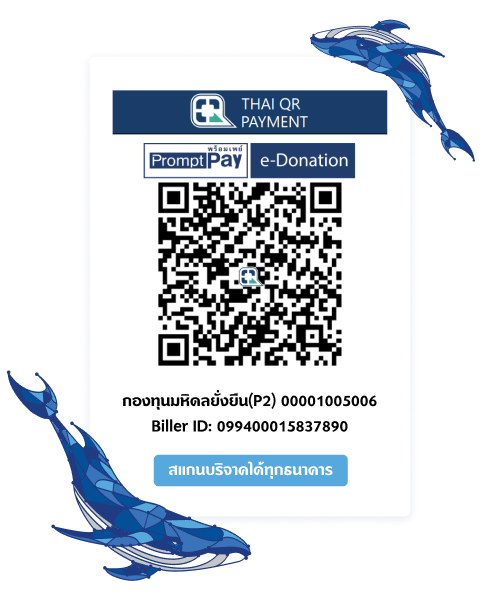Mahidol University’s Faculty of Science inaugurates the “Pathology Information and Learning Center,” establishing a comprehensive repository of pathobiology knowledge with over 10,000 pathology specimens across molecular, cellular, tissue, laboratory animal, and human levels. This facilitates learning about the causes and mechanisms of diseases, which are crucial for precise disease treatments. The Pathology Think Tank serves as a pivotal tool in combating severe diseases, potentially leading to further medical research and innovation, supported by modern research and learning tools available through onsite and online applications.
Regardless of humanity’s battle against familiar chronic diseases or unforeseen future illnesses, this comprehensive Pathobiology Think Tank, a hub of knowledge in the field, is believed to be a reservoir of wisdom that will assist in navigating through all obstacles related to disease onset. It aims to mitigate the severity of diseases and stand as an intellectual pillar for humanity, its value amplifying as time progresses.
One reason why humanity cannot immediately conquer diseases is due to a lack of fundamental biological information, which is essential for finding adequate, clear, and accurate answers. Recently, Mahidol University decided to assemble a team of scientists and proactively build a biological database to unravel the mysteries of contemporary diseases. This initiative has sparked hope for Thailand and its network countries to establish their own central biological databases. Scientists believe that the most effective biological databases are those created by local communities, which can predict diseases with precision. This necessitates a central database that can be utilized for collaborative studies, employing Single-cell Omics Technology to analyze genetic structures and create maps of immune diversity among Asians in the Asian Immune Diversity Atlas (AIDA) project.
This project aims to acquire genetic information from Asia, the most populous region in the world, which currently has limited genetic data compared to Europe and America. It is anticipated to bridge the gap with the global project, Human Cell Atlas, which is in its data collection phase. Thailand has partnered with eight countries – Singapore, South Korea, Japan, India, Sri Lanka, Pakistan, and Russia, under the leadership of experts in genetics, cancer, immune responses to infectious diseases and allergies, as well as epidemiology, genetics, and medical bioinformatics.
AI Manoraa: Developing and producing a single type of medicine requires over a decade and a substantial investment in related resources. With numerous emerging diseases anticipated in the future, the use of AI can facilitate the design and processing of 3D studies of drug molecular structures, examining how they bind to targeted proteins within the human body. This establishes a theoretical foundation that leads to targeted and precise treatment outcomes. It not only reduces the hefty investment budget needed to observe test results on actual samples but also helps shorten the time required to invent and produce actual drugs, while enabling connections to numerous related knowledge sources.








